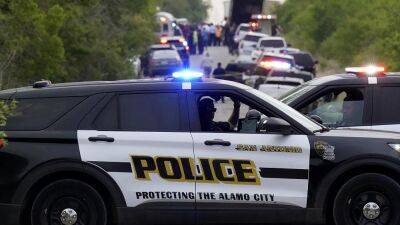Cities are banning new gas stations. More should join them
Whether or not we’ve all realized it, the era of gasoline-powered cars is rapidly winding to a close – and with it, gas stations and the pollution they bring to communities.
People are tired of being forced to pay obscene amounts of money for fuel every time there’s an international incident. Meanwhile, the cost of battery tech is just 10% of what it was a decade ago, and is expected to continue dropping as the decade wears on. And just this month the Biden administration announced its plan for making EV charging stations accessible across the US.
Climate change concerns have led to governments in California, Canada and the EU mandating an end to new gas car sales by 2035, while other places are going even further and implementing sales bans as soon as 2030 or even 2025. Car companies like GM, Mazda, Volvo and others see the writing on the wall and are following suit by setting dates for when their last gasoline vehicles will be sold.
And now, local governments are taking action as well.
In 2021, Petaluma in California became the first city in the world to prohibit new gas stations. Since then, at least four more cities have prohibited new gas stations permanently and at least six more (including Los Angeles, the city of cars!) are developing policies now. Much as in 2019, when Berkeley kicked a wave of cities passing building electrification policies, the movement to stop new gas stations has arrived – and local elected officials everywhere would be wise to take notice.
With 80% of gas stations on track to be unprofitable by 2035, allowing new stations to be built is simply a bad investment for any city or county. And that’s before you even consider that the cost of remediating a gas station site ranges from tens of
Read more on theguardian.com

 theguardian.com
theguardian.com




















